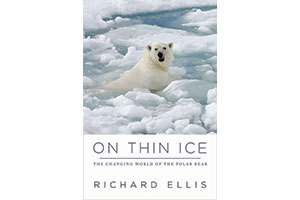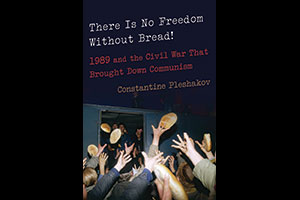
First, books and movies like Fast Food Nation and Food, Inc. turned dinner into a stomach-churning moral dilemma. Now, with his heroically researched Waste, British author and historian Tristram Stuart forces us to consider what we don’t eat. Americans throw away as much as half their food—billions of edible tons gone to ruin on farms, at slaughterhouses, in dumpsters, and in our own kitchen trash cans.
Stuart nimbly examines “the grotesque scale and gratuitous causes” of food waste, which range from supermarkets’ routine overordering from suppliers to the tyranny of “sell by” labels (intended to help stores rotate their stock, not protect consumers’ health). He then offers commonsensical solutions: Supermarkets might reward managers based on their efficiency in ordering, and governments should impose waste reduction targets on agribusiness and lift bans on feeding old human food to animals. Like the parents who make their kids clean their plates because people are starving in Africa, Stuart makes the connection between your leftovers and others’ hunger: If we quit wasting food, we could grow less of it and stabilize supplies and prices where it’s needed most. We’d also slash greenhouse gas emissions from producing and landfilling uneaten food.
Dedicated to the author’s sow, Gudrun, Waste is most delightful when Stuart writes about his adventures in dumpster diving, canning, and teaching others to “prepare squirrels for consumption.” He’ll eat absolutely anything, including broiled sheep lungs and eventually Gudrun—ears, spleen, and all. People must learn, he says with disarming simplicity, “to buy what they eat and to eat what they buy.”
















